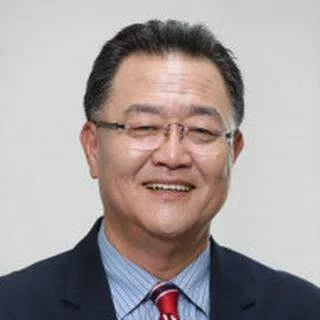Plight of North Korean defectors in China sparks urgent humanitarian concerns
Academic Kang Jun-young notes that due to the North Korea factor, the diplomatic relations between South Korea and China are inherently unique, and it is difficult for both sides to make breakthroughs in their discussions on North Korea. Yet the universal value of human rights pertaining to North Korean defectors in China is not a matter that will resolve itself by both countries mutually avoiding it.
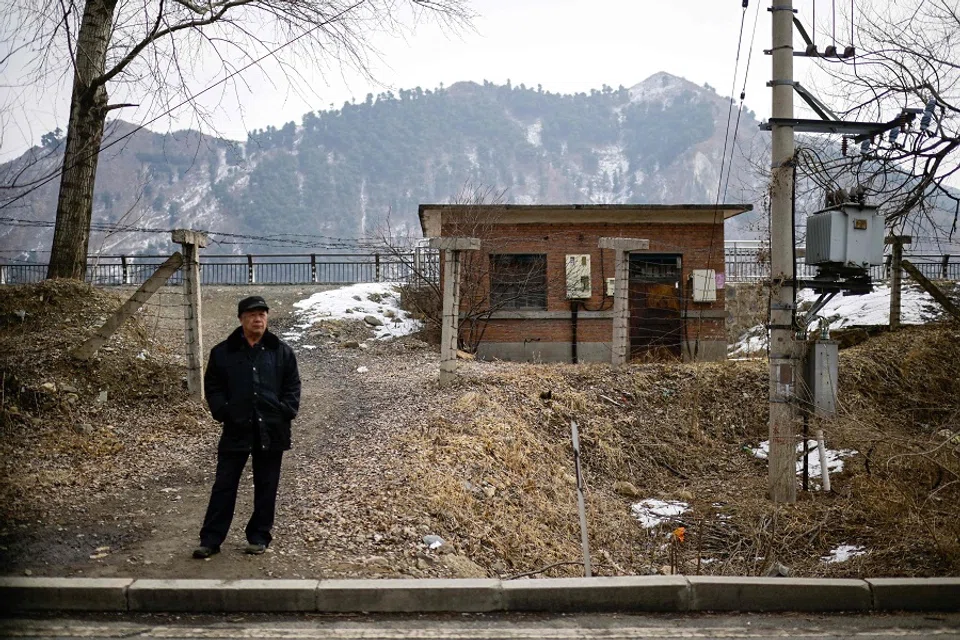
The 32 years of diplomatic relations between South Korea and China have achieved considerable outcomes, but contentious issues remain, one of which is the forcible repatriation of North Korean defectors in China.
Recent reports of the Chinese government’s forcible repatriation of North Korean defectors have triggered concerns among the South Korean government and people as well as the international community.
Immediately after the Hangzhou Asian Games in October 2023, China repatriated 500 to 600 North Korean defectors who had been in lockdown for three years due to Covid-19. At the end of March 2024, another 60 or so North Korean defectors were forcibly repatriated. This may be a worrying sign of formalised forcible repatriation of North Korean defectors.
The Database Center for North Korean Human Rights, an NGO, estimates that there are currently more than 10,000 North Korean defectors in China.
An issue between China and North Korea only?
Although the South Korean government has not publicly responded to China’s actions, it has maintained its fundamental position that North Korean defectors are not to be forcibly repatriated against their will under any circumstance.
Especially since the Yoon Suk-yeol administration took office, a notable departure from the past has been the clear and unequivocal stance of condemning the human rights situation in North Korea (the Democratic People’s Republic of Korea or DPRK). In a telephone conversation with the Chinese foreign minister in February 2024, South Korean Foreign Minister Cho Tae-yul also asked China not to repatriate North Korean defectors against their will, but transfer them to their desired destinations.
Cho revisited the matter at the South Korean and Chinese foreign ministers’ meeting in Beijing on 13 May, a reflection of the shift in policy that has taken place. During the trilateral summit between China, Japan and South Korea on 26-27 May, President Yoon held bilateral talks with China and reiterated the South Korean government’s concerns. This implies that the people’s concerns about North Korean defectors have formally become government policy.
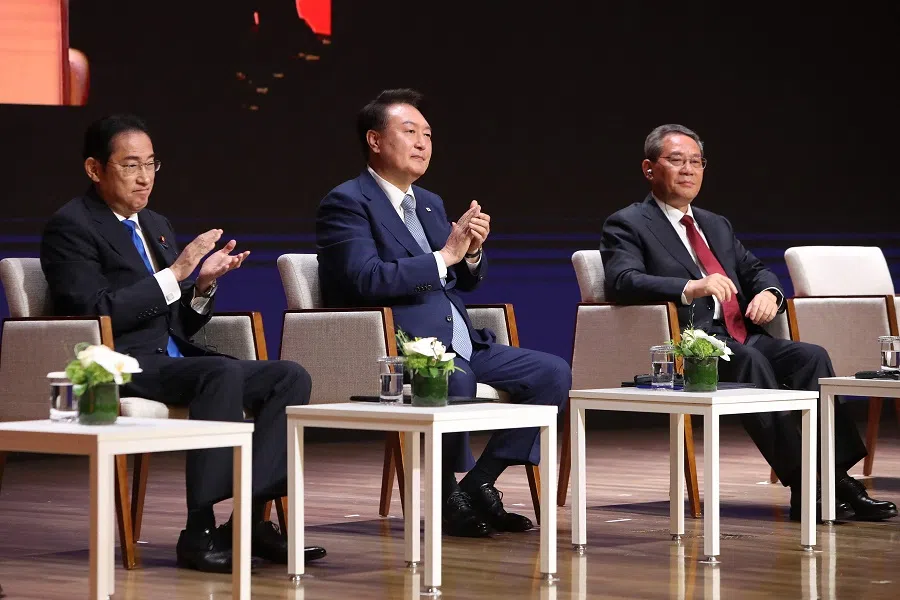
According to the Constitution of the Republic of Korea, North Korean defectors are also considered citizens of the Republic of Korea. As it clearly stipulates that “the territory of the Republic of Korea shall consist of the Korean peninsula and its adjacent islands”, North Korean residents, including North Korean defectors, are citizens of the Republic of Korea.
The Database Center for North Korean Human Rights, an NGO, estimates that there are currently more than 10,000 North Korean defectors in China. According to Human Rights Watch and the UN special rapporteur on North Korean rights, there are about 2,000 North Korean defectors detained in multiple facilities in China.
China treats the issue as one that is between China and North Korea, completely excluding the involvement of a third country, including South Korea, and international organisations.
The problem lies with the Chinese government not recognising the “refugee” status of North Korean defectors. Refugees are peoples of various races or religions who flee from their country of origin to escape political or ideological persecution. China regards North Korean defectors who come to China as fleeing temporary economic difficulties such as food shortages in North Korea, and therefore insists that they cannot be regarded as refugees.
Consequently, China treats the issue as one that is between China and North Korea, completely excluding the involvement of a third country, including South Korea, and international organisations. In particular, China believes that the South Korean government and the international community should solve the issue of defections, caused by food shortages in North Korea, through food and economic aid.
China has further claimed that the unlawful assistance to North Korean defectors by some South Korean NGOs and religious groups has seriously undermined China’s social stability and national security.
China’s obligations under international law
While part of China’s position on the issue is understandable, there is a reason why South Korea and the international community have repeatedly asked China to bear some responsibility.
China has ratified the Convention Relating To The Status Of Refugees (1951 Refugee Convention) in 1982, the Convention Against Torture And Other Cruel, Inhuman Or Degrading Treatment Or Punishment in 1988, and the Protocol Relating To The Status Of Refugees in 1992.
Evidently, China is bound by human rights obligations under international law, thus it is imperative for China to uphold the principle of non-refoulement, which is based on providing refugees with asylum, not expelling or forcibly repatriating them to their country of nationality where they may be persecuted, and having the obligation to protect refugees.
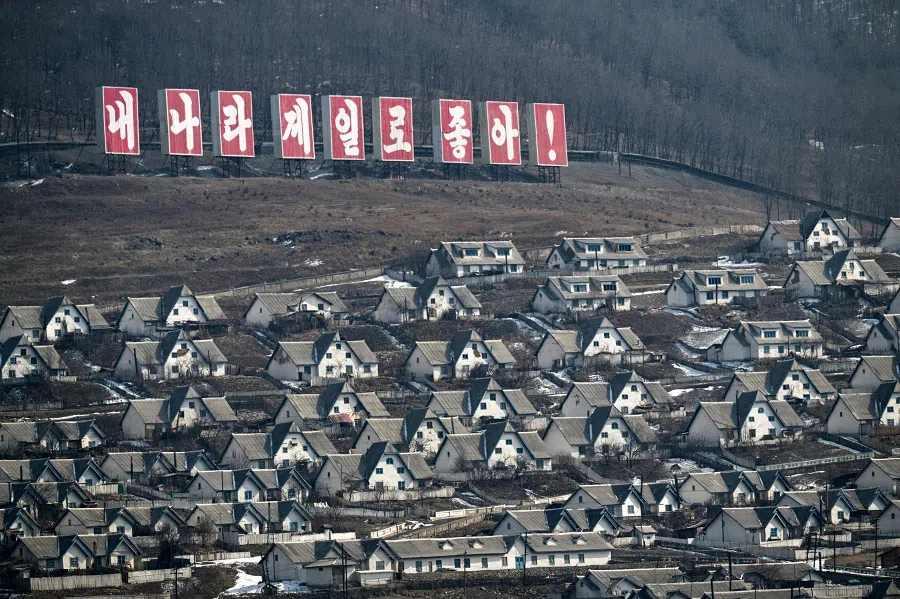
Despite this, China believes that taking on the responsibility of protecting North Korean defectors is unreasonable, and has always insisted that it is perfectly legal to repatriate them.
China and North Korea have already signed the PRC-DPRK Escaped Criminals Reciprocal Extradition Treaty in 1960, and the Mutual Cooperation Protocol For The Work Of Maintaining National Security And Social Order And The Border Areas in 1986. Other relevant legal documents include the Regulations of Jilin Province on Frontier Administration, which came into effect in 1998.
Based on these legal documents, China has the legal basis to detain illegal border crossers and immigrants, and repatriate them according to the repatriation measures. Although this appears legal, China has ignored some procedural issues.
Arrest, detention and repatriation without initiating the process to determine refugee status clearly violates the convention’s procedural provisions.
‘Refugees’ or illegal economic migrants
First, China regards the primary reason for North Korean defectors fleeing the DPRK as economic, so it does not apply the “refugees sur place” principle stipulated in international refugee laws, which allows for the attainment of refugee status based on post-departure circumstances.
However, in recognising refugee status, the crucial factor is not the motive for leaving but rather the inability or unwillingness to return to one’s homeland. The United Nations High Commissioner for Refugees (UNHCR) also emphasises that if non-refugees could face danger upon repatriation, the definition of the refugee status can be broadened to “de facto” or “humanitarian” refugee.
The original reason for defectors fleeing North Korea is not listed in the 1951 Refugee Convention; however, once repatriated, they could be sentenced to a term of reform through labour of more than five years, or a life-term of reform through labour, or the death penalty, according to Articles 63 of the Criminal Law of the DPRK (2015). Due to this, North Korean defectors should be granted the status of “political refugees”.
In addition, China’s simplistic classification of North Korean defectors as illegal economic migrants contradicts the principle of determining refugee status on an “individual basis” as stipulated in the 1951 Refugee Convention. Arrest, detention and repatriation without initiating the process to determine refugee status clearly violates the convention’s procedural provisions.
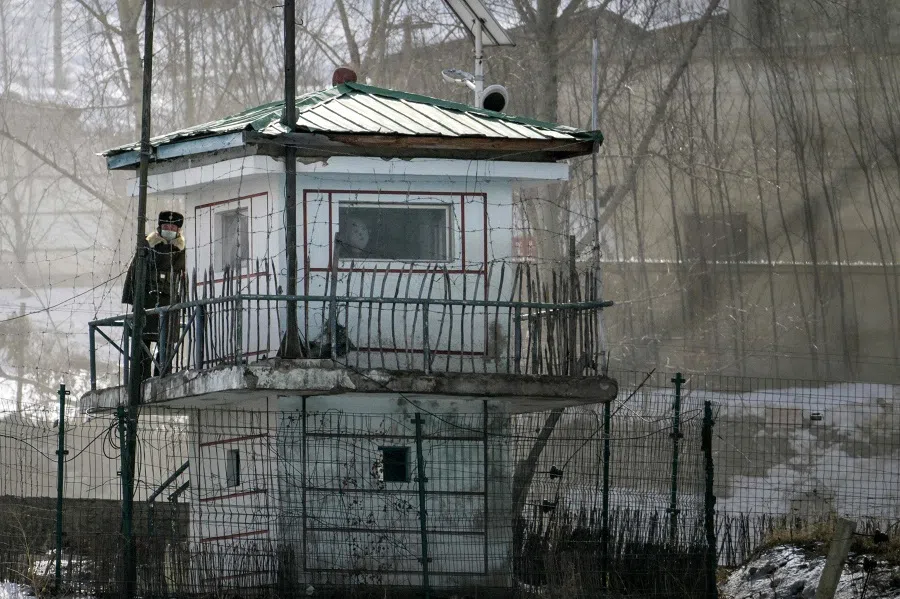
The Chinese government should formally implement the general procedures for determining refugee status as soon as possible and in accordance with international treaties and legal provisions, to determine whether North Korean defectors are refugees or simply illegal border crossers.
In fact, the UNHCR and China signed a special agreement in 1995. The agreement stipulates that if there is a conflict of interest between the Chinese government and the UNHCR regarding the UNHCR’s activities in China, the UNHCR has the authority to call for a “binding arbitration” within 45 days. However, considering China’s position, the UNHCR has never asserted its right to arbitration. Of course, doing so would be inconsistent with the UNHCR’s role.
If China wants to be a global leader, it must align its interpretation of “refugees” with international standards and start procedures to ascertain the free will of North Korean defectors.
The North Korea factor in China-South Korea relations
What are more important than these legal issues are those of human rights and humanitarian concerns. Based on our understanding, North Korean defectors as illegal border crossers are subject to atrocious treatment in China, such as violence, illegal detention, wage arrears, human trafficking, sexual violence, forced marriage, forced divorce and forced abortion.
It is more regrettable that in China, in addition to North Korean defectors who are regarded as illegal border crossers, there are more than 100,000 North Korean labourers, yet no improved measures have been implemented regarding their human rights and humanitarian aid.
For this reason, the UNHCR Commission of Inquiry on human rights in the DPRK has defined the act of forcibly repatriating North Korean defectors, with scant regard to their situation, as aiding “crimes against humanity”.
Due to the North Korea factor, the diplomatic relations between South Korea and China are inherently unique, and it is difficult for both sides to make breakthroughs in their discussions on North Korea. Yet the universal value of human rights is not a matter that will resolve itself by both countries mutually avoiding it.
If China wants to be a global leader, it must align its interpretation of “refugees” with international standards and start procedures to ascertain the free will of North Korean defectors. Of course, South Korea must maintain a consistent stance on North Korean human rights regardless of changes in administration, and it cannot whimsically adjust its policies concerning North Korean defectors.
South Korea and China should prioritise humanitarian principles, setting clear directions and formulating substantial plans that offer innovative solutions distinct from previous approaches.
This article was first published in Lianhe Zaobao as “亟待人道关注的中国境内脱北者问题”.
